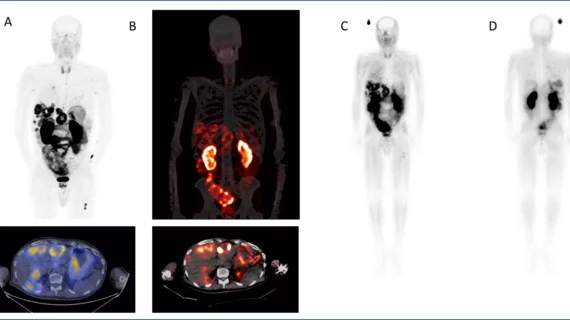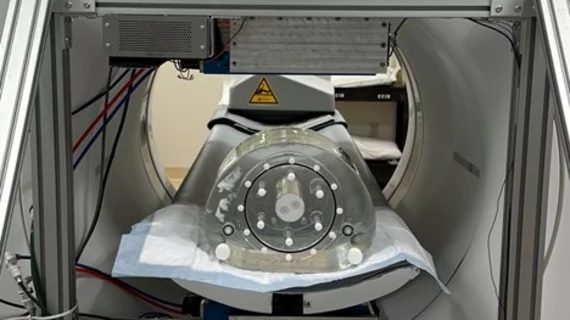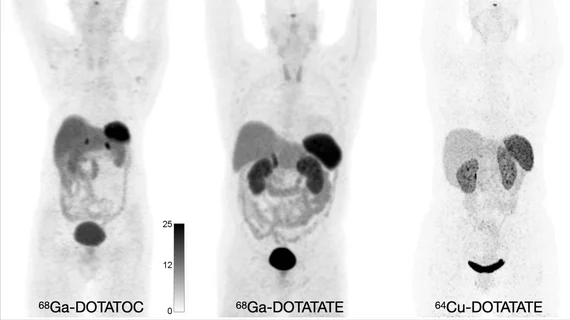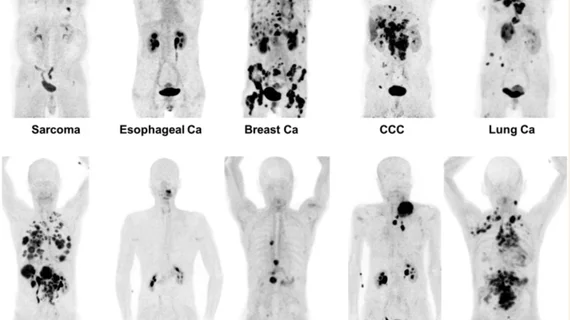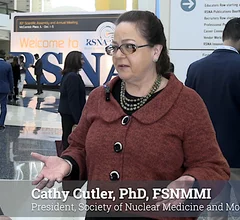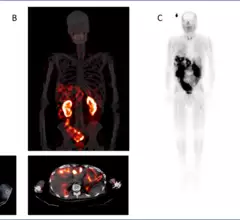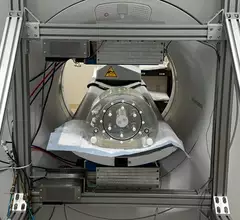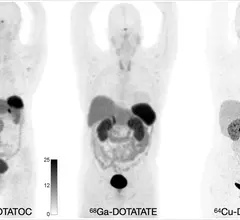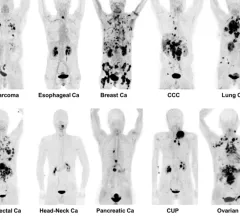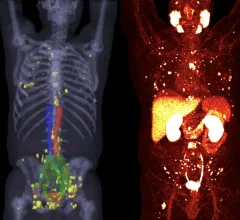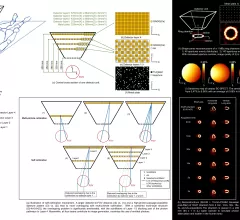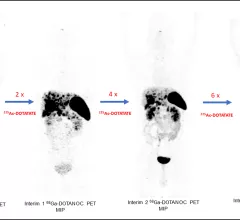Society of Nuclear Medicine and Molecular Imaging (SNMMI)
The Society of Nuclear Medicine and Molecular Imaging (SNMMI), formerly the Society of Nuclear Medicine, is a nonprofit scientific and professional organization that promotes the science, technology and practical application of nuclear medicine and molecular imaging (PET and SPECT). The bulk of nuclear imaging exams relate to oncology, about a third to cardiac imaging and the rest for a variety of protocols, including imaging inflammation and beta-amyloid plaques that cause Alzheimer's disease.
Displaying 1 - 8 of 40

